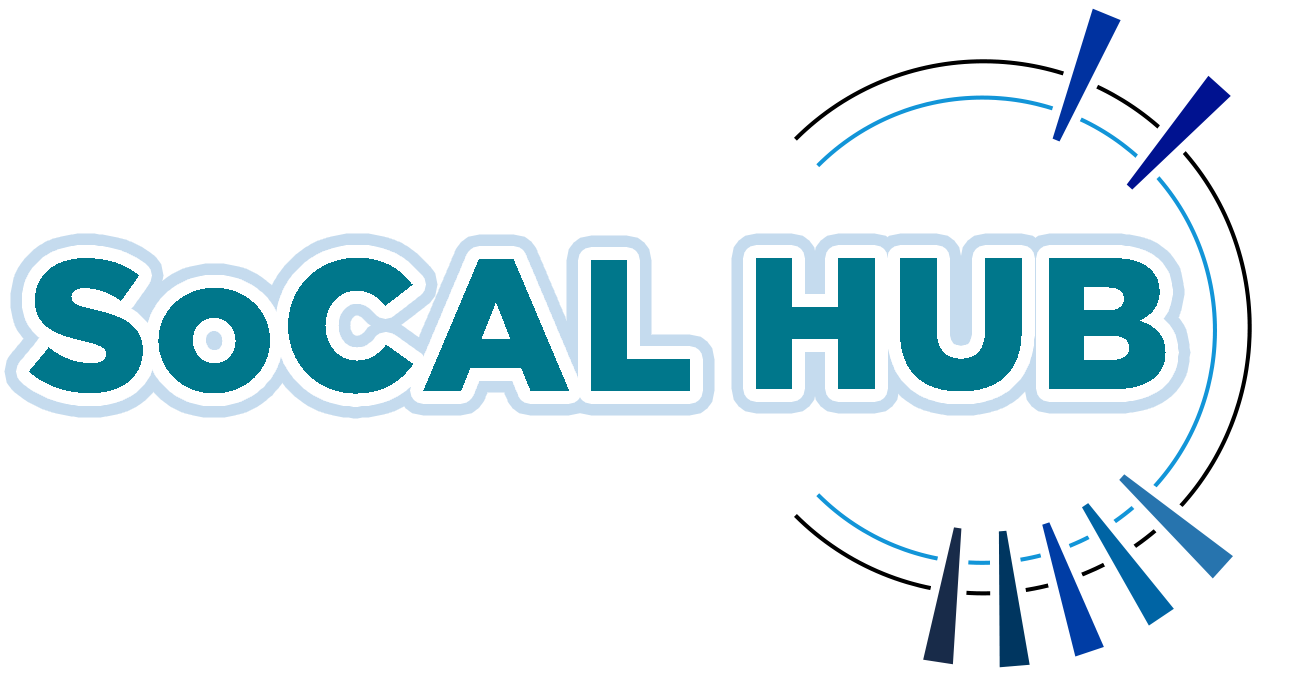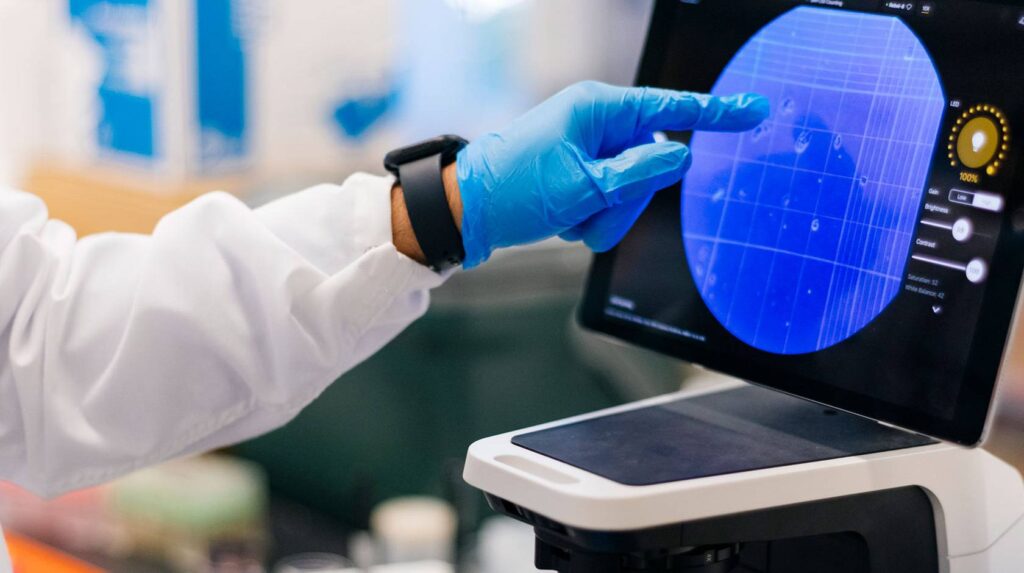Archive for May 2025
UC awards $18 million to scale up the ambition and impact of AI in science
The University of California has awarded $18 million in multicampus research grants, in partnership with UC-managed national laboratories, to advance the frontiers of artificial intelligence in areas of strategic importance and technological innovation.
The Artificial Intelligence (AI) Science at Scale initiative provides three grants of $6 million over three years to develop new AI approaches in genomics, quantum materials discovery and geothermal energy. The winning teams are composed of UC faculty across a wide range of disciplines, representing nearly every UC campus. This research is funded by fee income the university receives for managing the Los Alamos and Lawrence Livermore National Laboratories.
Final Report from SoCal Hub Symposium 2025
The 2025 Symposium “Quo Vadis Quantum Science” aimed at bringing together leading experts
from academia and national laboratories to explore the outstanding challenges and emerging
opportunities in the rapidly evolving field of quantum information science and technologies. Over the past few years, significant progress has been made in developing new platforms and
techniques for quantum-based technologies, and we find ourselves at a pivotal moment for
advancing our understanding and capabilities.
The goal of the Symposium was not just to exchange ideas or present the latest contributions
to the field by the participants, but to spark new collaborations, foster interdisciplinary
connections, and lay the groundwork for future funding opportunities. The discussion was
organized into four interrelated areas driving innovation in quantum science – integrated
photonics, integrated materials, many-body quantum sensing, and dynamical quantum control –
selected to reflect the diversity and promise of quantum technologies.
This report summarizes the outcomes of the Symposium, identifies the next frontiers in
quantum science and technology according to the participants, and highlights promising areas
for collaborative research.
Read more in the attached full report

